Carbon procurement solutions
Carbon credit procurement, evolved.
The Abatable solution integrates our award-winning platform, intelligence tools and advisory team to deliver a transparent and competitive carbon credit programme tailored to you.
Why Abatable?

Streamlined efficiency
Our platform replaces emails, spreadsheets and outdated procurement tools with a single platform for maximum impact.

Collaborative support
We act as an extension of your team to ensure the success of your procurement at all steps.

Objective guidance
Our conflict-free model allows us to give you the best, independent advice to strengthen your carbon strategy.
























Customised to fit any stage of your journey
Whether you need help strategising all the way through retirement or quickly finding and purchasing credits, we’re your strategic partner to help you meet your goals.
Plan
Leverage Abatable’s industry-leading expertise to confidently make informed decisions and build a carbon credit strategy tailored to your sustainability goals.
- Bespoke advisory: Data-led expertise for whatever you need, from planning to budgeting.
- Internal education: Upskill your team to get buy-in from your key decision makers.
- CFO-approved tools: Leverage unique market insights to build and test validated scenarios.
Source
Maximise cost savings and speed through our platform built to discover optimally matched projects to create a high-impact portfolio.
- Standardised RFPs: Efficiently engage hundreds of potential suppliers for maximum reach.
- Dynamic dashboards: Dynamic filtering and benchmarking tools to review, compare, and shortlist proposals.
- Real, human support: We oversee everything, from onboarding all suppliers to customising RFPs to your needs to providing technical guidance.
Evaluate
Go beyond headline scores and assess projects confidently with Abatable’s independent, trusted due diligence process.
- Level 1: Automated, real-time, data-driven risk assessment on all projects (available immediately).
- Level 2 : In-depth due diligence assessments by our team of experts, focused on key project, counterparty, country and methodology risk (One-week delivery).
- Level 3: Comprehensive assessment of risks and impact for complex transactions (three-to four-week delivery).
Purchase
Buy credits at the best price through streamlined supplier engagements, unbiased negotiations, and shared risk management.
- Portfolio optimisation: Construct a high-impact portfolio based on your procurement outcomes.
- One procurement, one contract: Negotiation and contracting process for all suppliers, completely handled by Abatable.
Manage and monitor
Gain portfolio clarity through our all-in-one dashboard and unlock peace of mind knowing you’re looked after with our hands-on team.
- Integrated dashboard: One place to view all your purchases, deliveries, and retirements, across suppliers, registries, and contract types.
- Active management: Retire or shift inventory as needed directly in the platform, or consult our team for expert advice.
- Automated monitoring: Real-time notifications and proactive monitoring to identify and mitigate any risks impacting your portfolio.
Communicate and report
Communicate your tangible climate impact and minimise reputational risks, all in accordance with industry reporting requirements.
- Centralised documentation: All portfolio documentation, including invoices, contracts, etc., is available for quick access.
- Automated reporting: All data is automatically populated to meet reporting requirements for compliance.
- Practical toolkits: Customised marketing toolkits to be used internally and externally for your strategy.
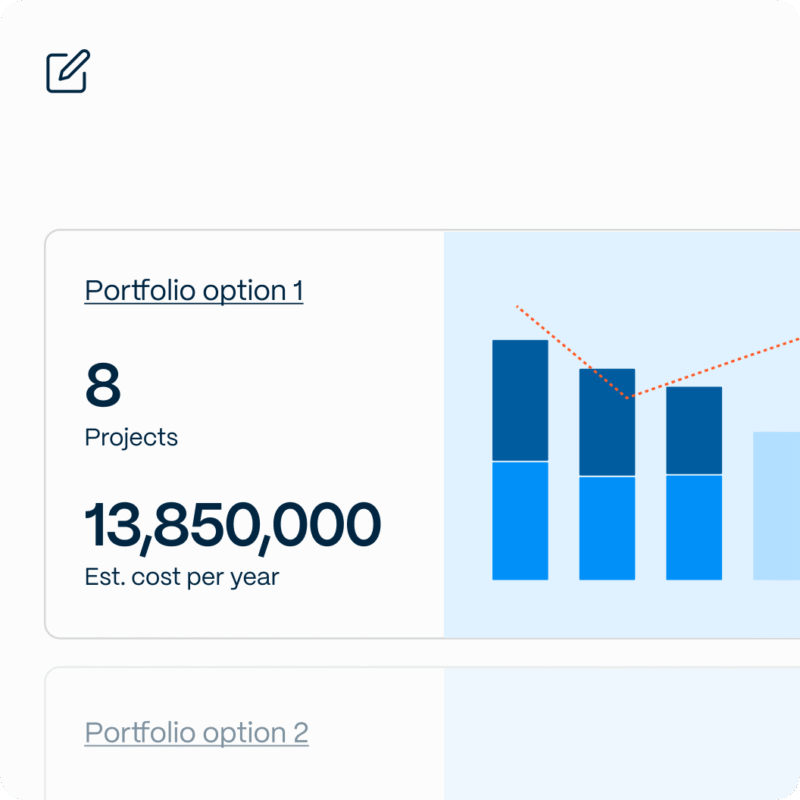
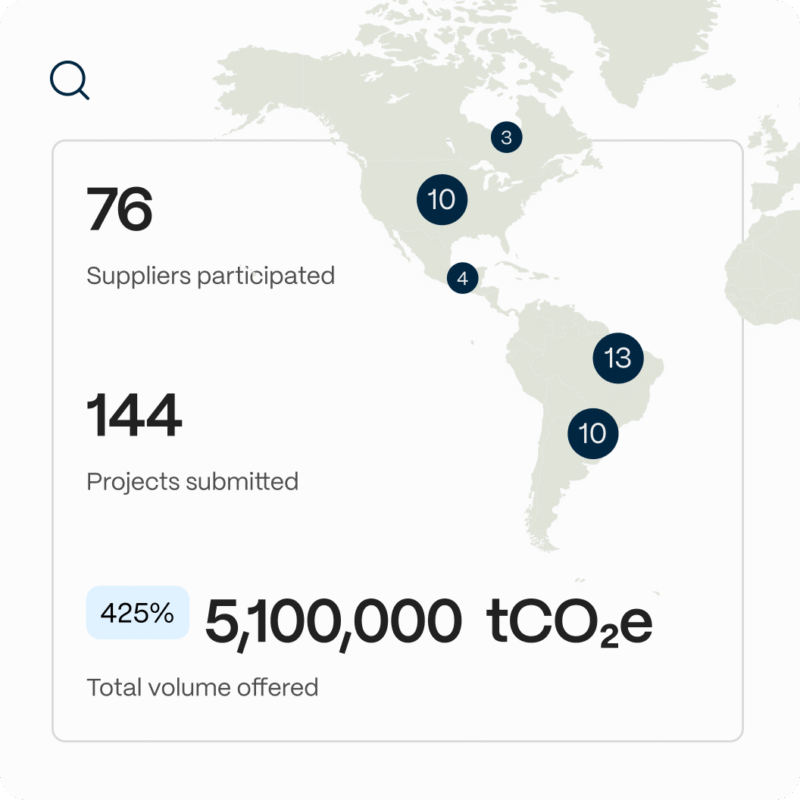
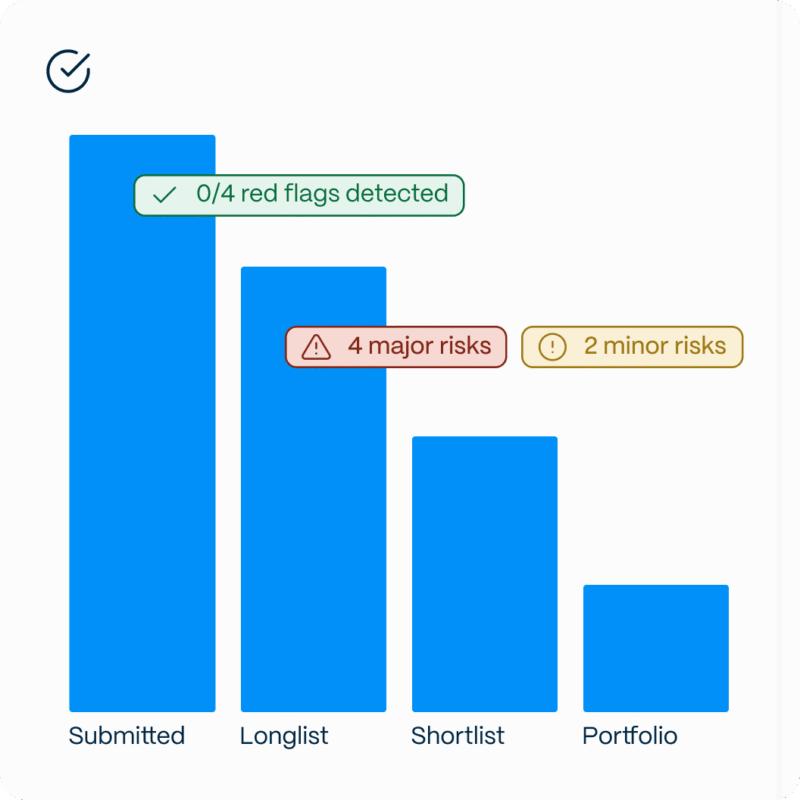
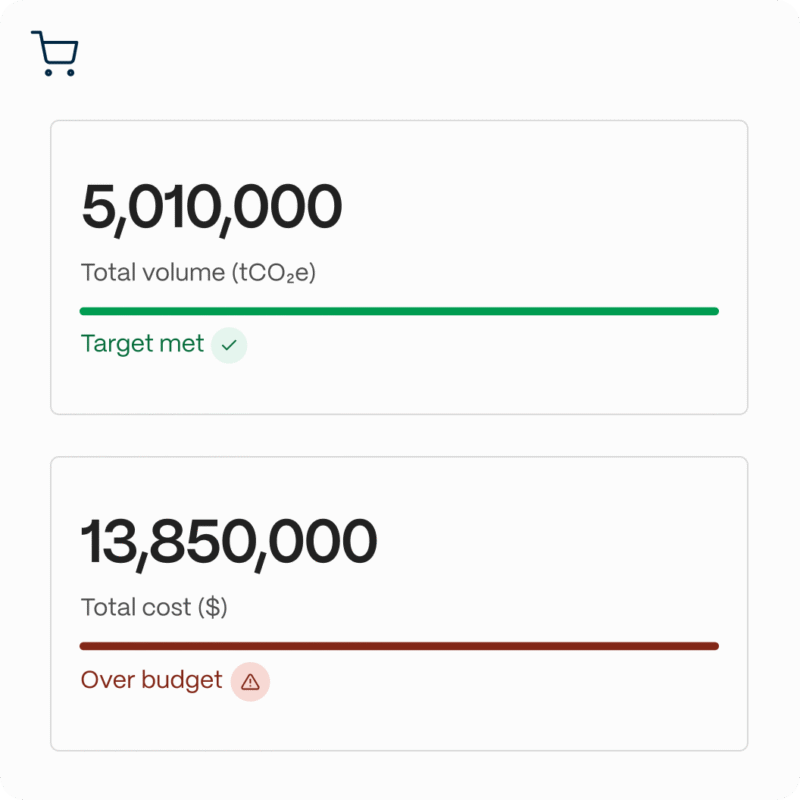
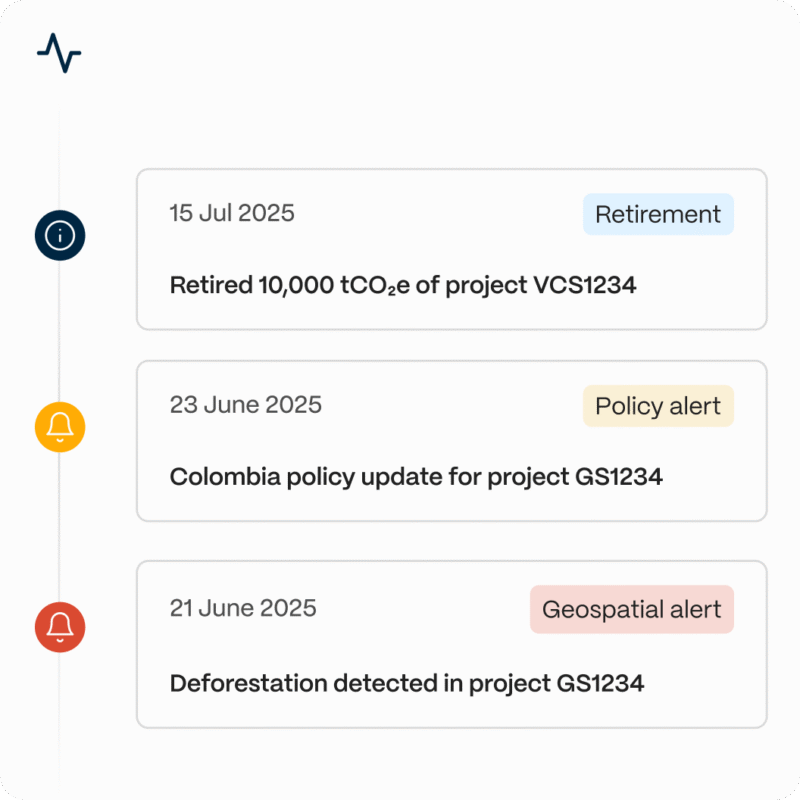
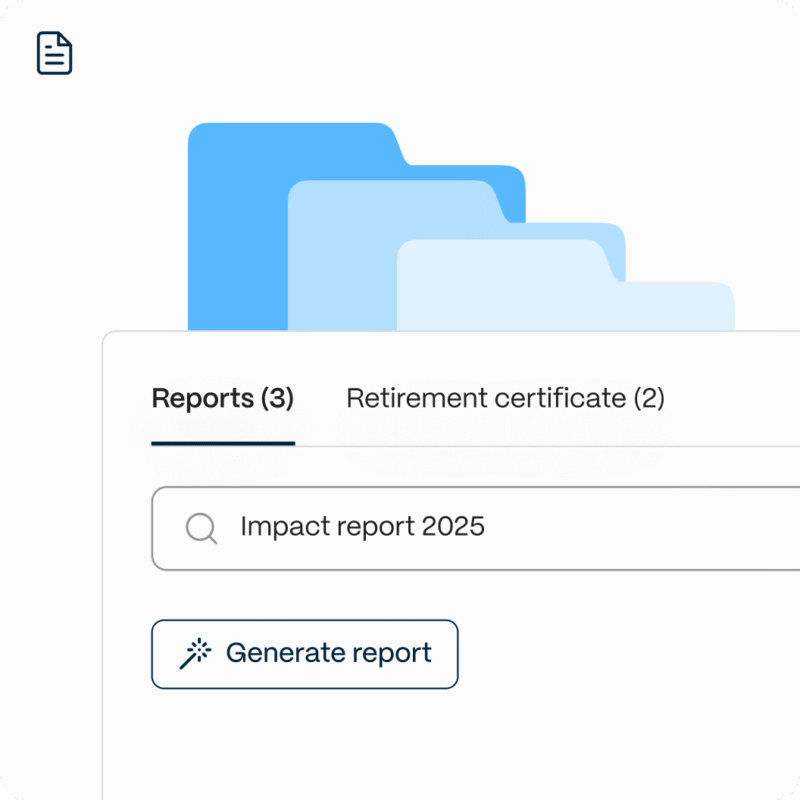
Case Studies


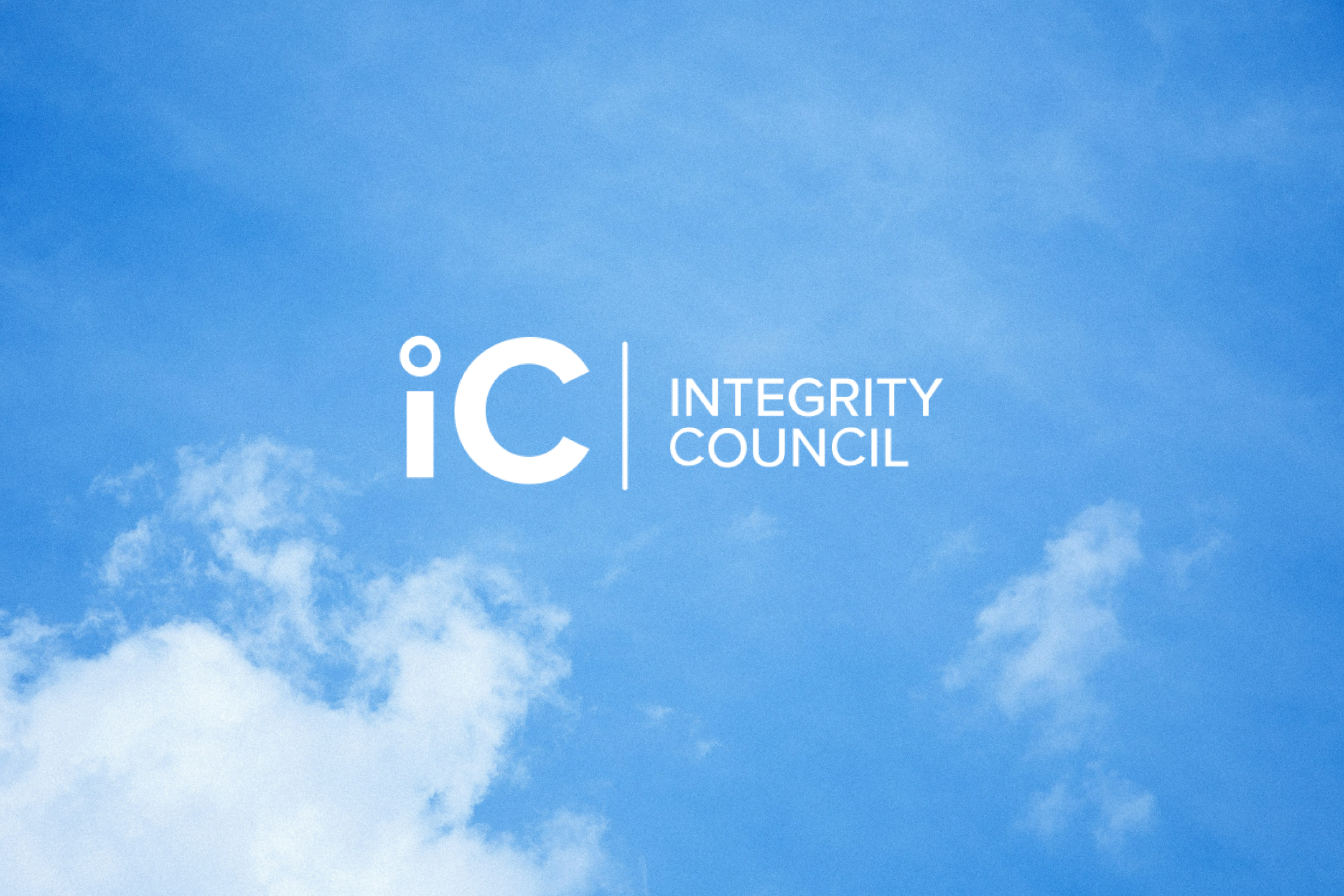

Start your procurement with Abatable
